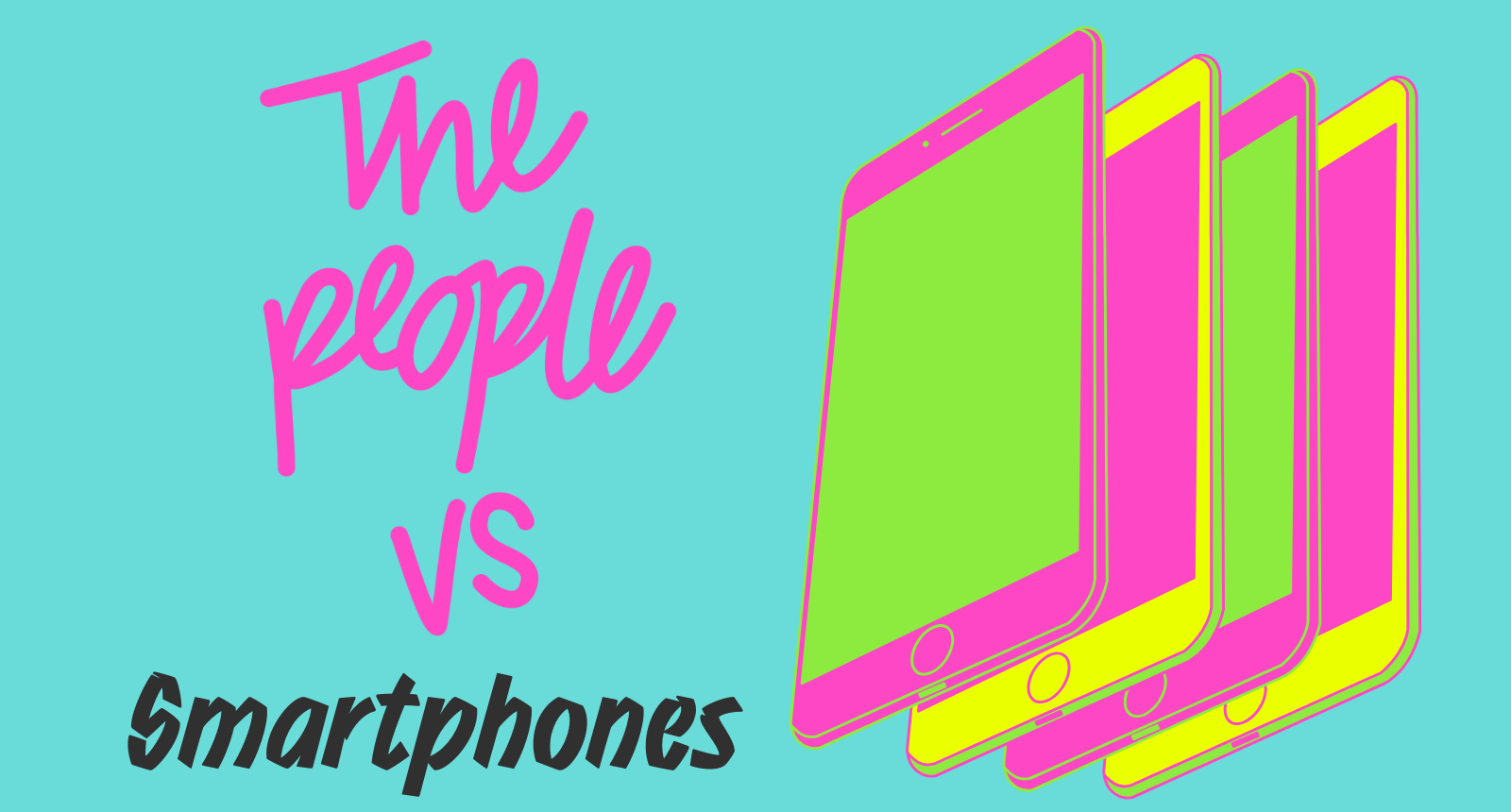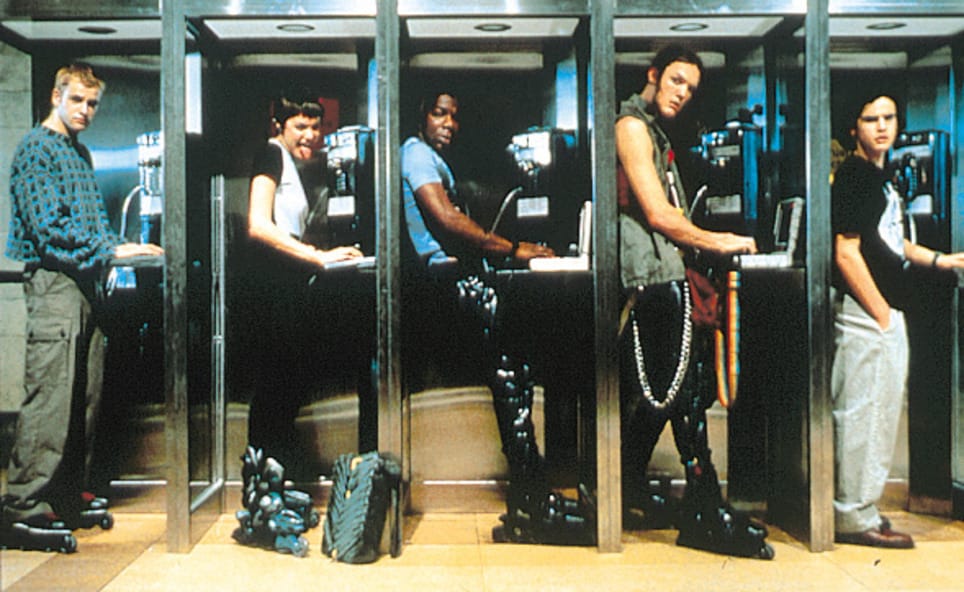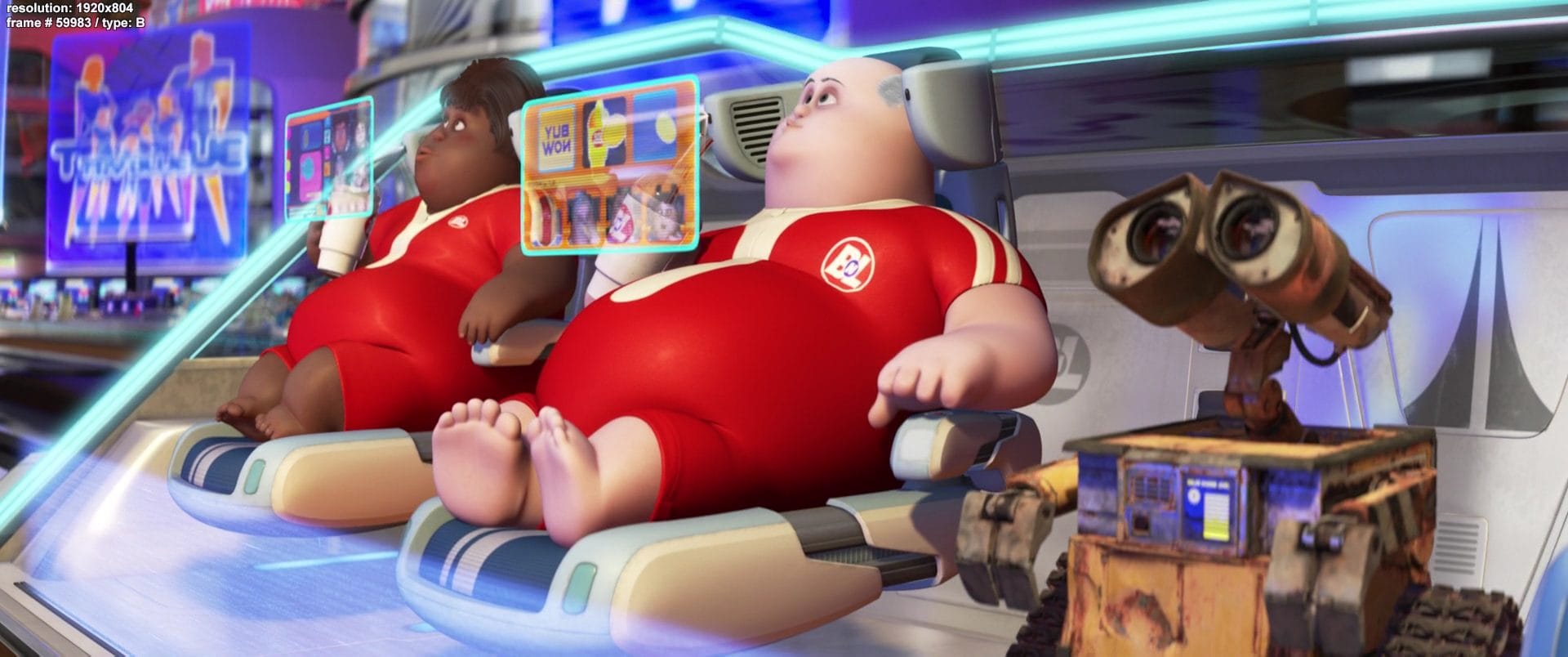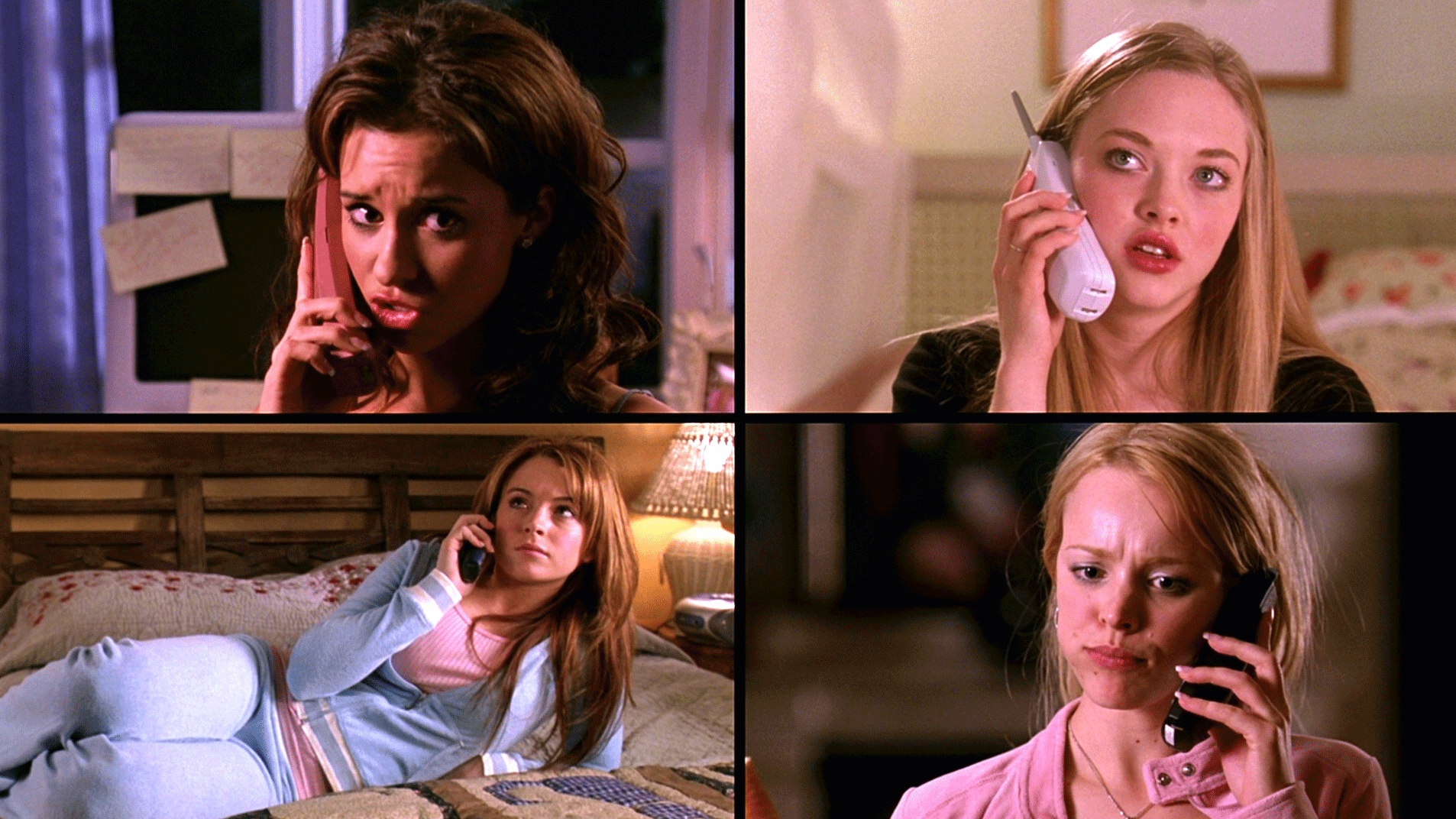The People vs Smartphones
Do smartphone bans punish children for Big Tech’s failures?

Happy back to school season! Some families will have been juggling the kind of touchy subjects I remember at the start of the school year, from acceptable skirt lengths to appropriate trainers. But for most, there’s a bigger issue at play: phones.
I’m Daisy Bata, a journalist, filmmaker, and author of the seventh issue of The People, a bi-weekly newsletter from People vs Big Tech and the Citizens. This week, we’re looking at smartphones, the companies behind them, and whether it's time for us to – in the words of the Brat girl herself Charli XCX - go back to 1999, just friends, all night, no phones.
As tech billionaires transform our world into dystopian science fiction, some of us are pining for a simpler time when tech was exciting, not draining. From flip phone February to the kale/cocaine method, we’re all trying to reduce our screentime, and parents and young people alike are trying to protect the next generation from phone overuse. But are these attempts in vain without change from our governments and Big Tech overlords?

A constant companion 🤳
“I think we really need to draw a line about what's real and what is not, because I feel like we're so connected to our phones, but so disconnected to real life,” 20-year-old youth tech justice campaigner Maria Velastegui from Córdoba, Spain, told me over voice note.
Maria has had a phone as long as she can remember, describing it as her “constant companion”. She likes the access to information it gives her, and the ability to stay in touch with friends and family. But she’s worried about how easy it is to get sucked in – and away from the present. “You will pick up your phone to check something, and then suddenly you've lost one hour scrolling through TikTok or Instagram Reels,” she said.
She’s also concerned about her 12-year-old brother, who she says gets stuck in far deeper scrolling holes. “When I was his age I was playing outside or doing crafts…It concerns me that children nowadays are losing their childhood.”
As explored in our TikTok Brain issue, social media is designed to be addictive. Smartphone operating systems also actively copy gambling techniques through infinite scrolling and pull-to-refresh.
Both Apple iOS and Google’s Android devices use frequent notifications to pull users back into apps. These notifications are also tailored to individual behaviours, making them difficult to ignore. The dopamine-driven "reward loop" gets reinforced every time a user checks and responds to a notification, triggering further use.

Smartphones are so addictive, in fact, that they compromise our cognitive capacity when within reach – even when turned off. Our bodies are impacted too. Excessive phone usage can cause neck and shoulder pain (aka “tech neck”), while China’s ban on smartphones in schools stemmed partly from an increase in near-sightendness in children staring at screens.
And the more we use our phones, the more personal data tech companies accrue, which can then be used to make more effective addictive features. One study found that even when the handset is idle, both iOS and Android share data with Apple or Google on average every 4.5 minutes. This includes information on user behaviour, browsing habits and location. While Apple claims to be privacy-conscious, iPhones share user data with Apple servers, which is then used for targeted advertising.
This is all the more worrying considering how much data is collected on kids. In the UK, for example, 97 percent of children own a phone by the age of 12. Even EE, one of the country’s largest network providers, recently warned parents not to give smartphones to primary school age children
To ban or not to ban? ❌❌

Smartphones can be invaluable tools to help young people connect with each other, access information and express themselves - particularly those from isolated or marginalised communities.
Still, we know the negatives. And these are particularly pertinent for children of school age: phones distract kids from learning; increase cyberbullying; decrease real life socialising; worsen memory; and increase anxiety.
This has led a growing number of parents around the world to push for various types of smartphone limits or bans, with governments following suit.
This week Australia announced plans to set a minimum age – likely 14-16 years – for children to access social media. And in April, the UK government proposed a ban on selling smartphones to under-16s, as well as raising the minimum age for social media accounts.
But some parent-led groups in the UK didn’t welcome the proposed blanket ban. Ian Russell’s 14-year-old daughter Molly committed suicide in 2017 after consuming hours of self-harm content algorithmically recommended to her. In response to the government announcement, he warned that “overly intrusive” controls could weaken trust between children and parents and punish young people for Big Tech’s ills.
“A ban on smartphones would punish children for the failures of technology companies to build their products responsibly,” said Ian, who founded The Molly Rose Foundation in his daughter’s memory. He believes a ban would be “naive”, at best delaying encounters with harmful online content and not actually removing dangers.
Instead of a ban, he told me we need a “strengthened Online Safety Act, bolstered with tougher regulations on self-harm content and enhanced scrutiny of platforms' inner workings."
Parents United for a Smartphone Free Childhood (SFC) in the UK also disagree with a blanket ban, but do aim “to change the cultural norm that children are given smartphones, and challenge Big Tech’s ever-increasing colonisation of childhood.” Joe Ryrie from SFC told me:
“Parents are put in an impossible position…Either you hand them a device that comes with risk of accessing content you wouldn’t otherwise dream of giving to your kids. Or you risk ostracising them from their peers at a really key moment in their lives – going into secondary school.”
Joe says the onus needs to be on the tech companies creating the smartphones, and laws that address content also need to address smartphones themselves.
Young people themselves are also campaigning for tech companies to regulate smartphone use and implement safety by design. And student-led groups like The Luddite Club in New York are shunning smartphones to meet in parks to read actual books.

SFC describes banning smartphones in schools specifically as a “no brainer”, arguing current UK government guidelines don’t go far enough. In Spain, two regions introduced a ban in schools back in 2015. This saw a decrease in cyberbullying and improvement in maths and science learning. Norway saw similar developments according to a study published this year, particularly for girls from lower socioeconomic backgrounds.
But it's not failsafe: in Sweden, a ban had no effect on the academic achievement of the teenagers studied, though this hasn’t stopped health officials in the country from urging parents to ban all screen time for two-year-olds and limit teens to three hours a day.
Ultimately though, the smartphone debate can distract from the wider issue. Tanya O'Carroll, tech policy expert and co-founder of People vs Big Tech wants products designed for “connection, discovery and a balanced life.” I’ll end with her take (with some action points at the bottom while we wait for governments and Big Tech to get it together 😉):
“Banning smartphones is a failure of imagination. It accepts the status quo: that we all use these terrible, addictive, surveillance phones and we should just make sure they’re not in reach of children. But there is a version of the digital world which can support kids to explore their identity and the world around them. What we really need is to reimagine the role of tech in our lives – and ensure regulation removes these companies' exploitative practices and makes space for innovation beyond Big Tech, giving us a choice for products that work in the interests of kids and grownups alike.”
Actions you can take ✊
- Parents: join a Smartphone Free Childhood WhatsApp group near you - they have over 120,000 people in groups across the UK, and presence globally too.
- Get some space away from your phone with these tips from the Centre for Humane Technology, from shifting to greyscale to turning off face ID.
- Try apps like One Sec which asks you to take a deep breath when you open certain apps, giving you a chance to think twice about opening it. It can also suggest other alternatives such as stretching and language learning.
People Vs Big Tech is a collective of more than one hundred tech justice organisations around the world. This means we’re putting together each newsletter with the help of some of the planet’s smartest and most respected experts in this field. Email bigtechstories@the-citizens.com if you have an idea for a Big Tech issue you'd like us to cover.

